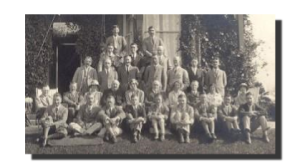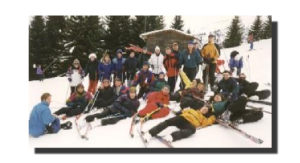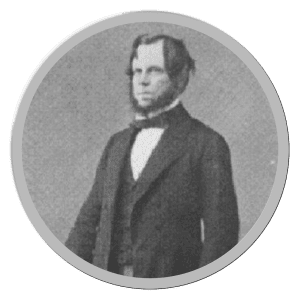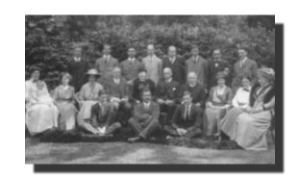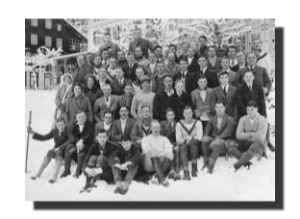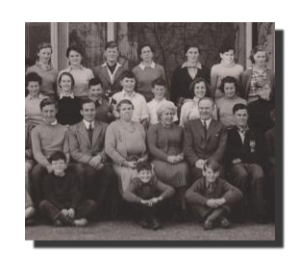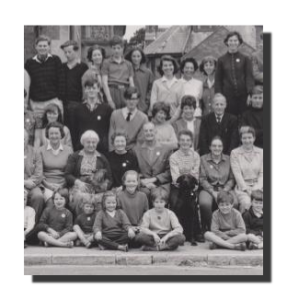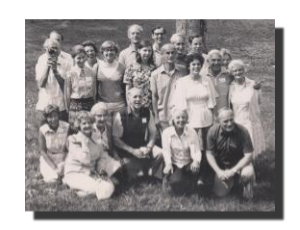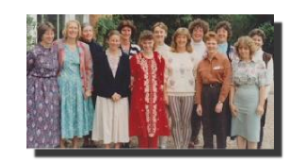
After the First World War, the Army and Navy Prayer Union was renamed the ‘United Services Prayer Union’ in recognition of the emergence of the Royal Air Force as a separate service and its leaders became aware of the need for further expansion of the work amongst officers, many of whom, without the stimulus of war and fear, were in danger of becoming spiritually apathetic. A scheme of organised prayer and intercession was drawn up: a paid Travelling Secretary and local Honorary Secretaries were appointed and a periodic magazine known as ‘Practical Christianity’ was started.
Then early in 1920 the United Services Prayer Union and the Officers' Christian Service Union amalgamated under the title of ‘The Officers' Christian Union‘.
In the following year the ‘Army and Navy Missionary Union’ which had been formed also in the late 1800s to stimulate missionary interest, became part of the OCU and continues today as the Missionary and International Sub-Committees of the Union.
At about the same time, periodical house parties, which before long came to include camps, ski-parties and sporting activities, were introduced and, with their friendly and relaxed atmosphere, had a wide appeal.
Early in these developments men and women other than officers, who were interested in the aims of the Union and wished to pray for the Services, were welcomed as Associates. The Associate organisation, with its own branches, was soon to become a very effective and continuing prayer force, to the great benefit both of many individuals and of corporate activities.
To meet the need for the interchange of personal and branch news, and to stimulate prayer interest, printed and duplicated letters, in various forms, have been issued at intervals since 1923. This led to the regular publication of ‘OCU News’ (now AFCU Dispatches) which, with the magazine, renamed ‘Contact’, constitutes the main part of the Union's periodical literature.
In the last two or three decades of the twentieth century some Christian officers in the armed forces found the 'O' in OCU elitist and there was an ongoing debate around the issue. As social barriers in the forces became more indistinct and as the numbers in the three services reduced, so the groundswell for the Union to become an all-ranks fellowship grew and, following a two-year period of prayer, debate and consultation, the constitution was changed and the OCU became the AFCU on 1 January 2005.
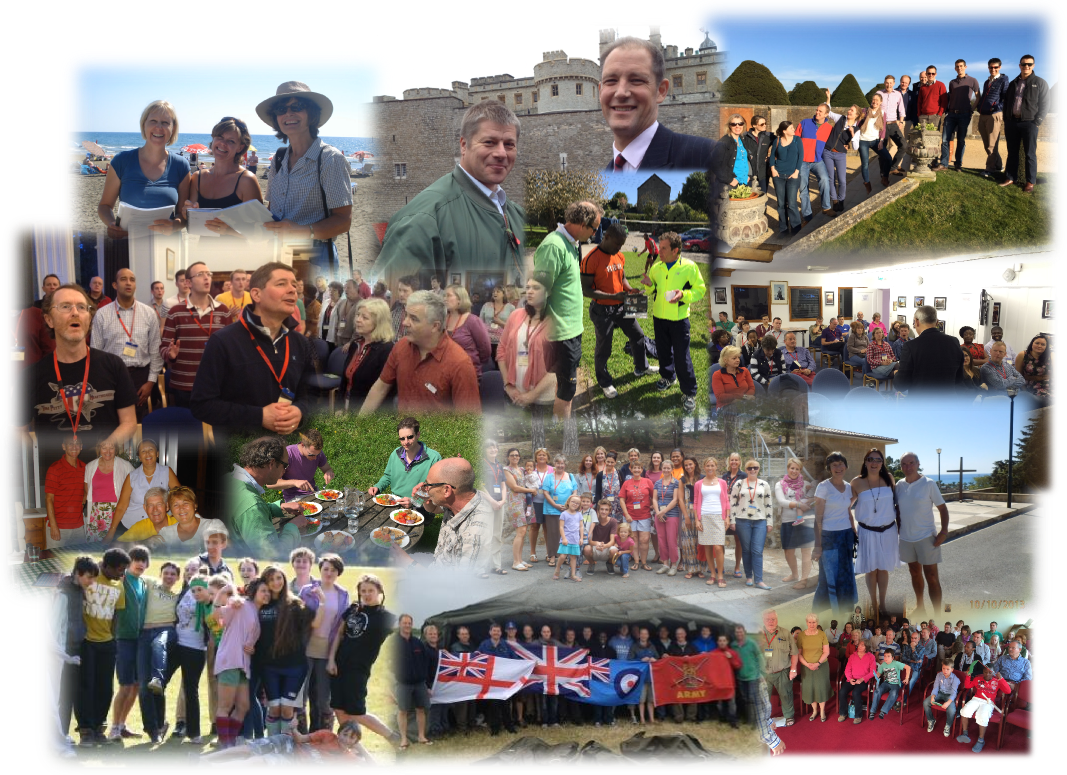
2014-2015 Various AFCU Events

The AFCU Family today


